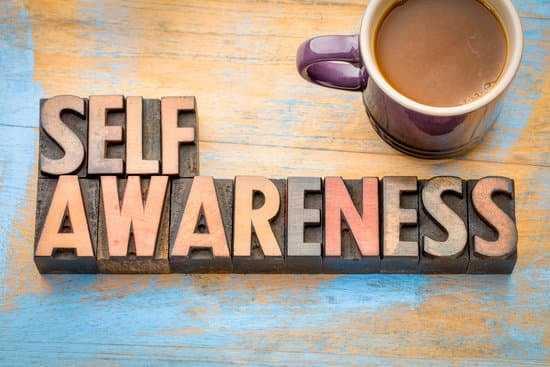1. Self Awareness
Developing a better understanding of your own nature is the first step towards learning emotional intelligence. Self-awareness is the ability to recognize your emotions and how they affect your thoughts and behavior.
Being aware of the self means knowing your strengths and weaknesses. It includes having self-confidence and an accurate self-assessment of knowing how and why you behave in situations in a certain way.
If you can know your emotions as they happen, you can make better decisions.
162
728 reads
CURATED FROM
IDEAS CURATED BY
Emotional Intelligence explains the importance of emotions in your life, how they help and hurt your ability to navigate the world, followed by practical advice on how to improve your own emotional intelligence and why that is the key to leading a successful life. (Check it out)
“
The idea is part of this collection:
Learn more about books with this collection
How to build confidence
How to connect with people on a deeper level
How to create a positive first impression
Related collections
Similar ideas to 1. Self Awareness
Developing Self-Awareness
Cultivating one's own emotional intelligence is a lengthy process and it is does not happen in an instant so concentrate on self-awareness:
- Listen to your body and don't overwork yourself
- Listen to your heart and connect words with emotions...
Self-Awareness
- Realistic self-confidence: You recognize your own abilities and shortcomings; you operate from competence and know when to rely on someone else.
- Emotional insight: You are aware of your own feelings. You can identify the cause of the emotions to help...
What Self-Awareness Is
It means paying attention to yourself, knowing what’s going on in your life.
Self-awareness means understanding your personality. You also understand your values, your relationships, and your beliefs. Self-awareness includes understanding how you process your expe...
Read & Learn
20x Faster
without
deepstash
with
deepstash
with
deepstash
Personalized microlearning
—
100+ Learning Journeys
—
Access to 200,000+ ideas
—
Access to the mobile app
—
Unlimited idea saving
—
—
Unlimited history
—
—
Unlimited listening to ideas
—
—
Downloading & offline access
—
—
Supercharge your mind with one idea per day
Enter your email and spend 1 minute every day to learn something new.
I agree to receive email updates

